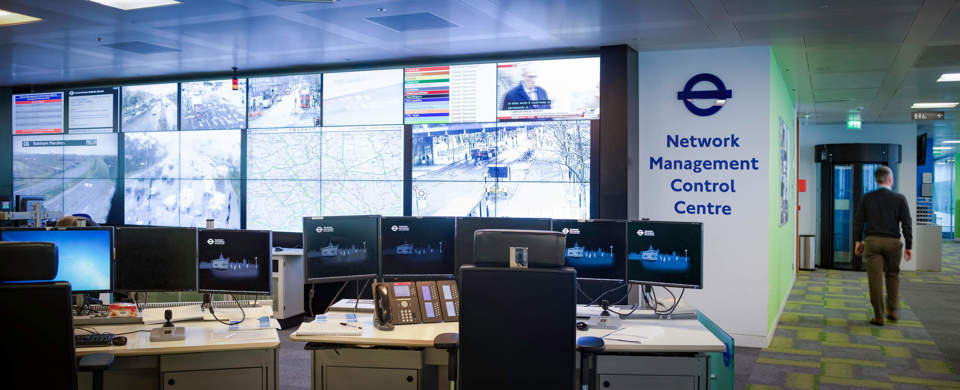Transport for London (TfL) is adopting artificial intelligence (AI) and simulation technology to detect disruption on the capital’s road network.
Following a procurement process, TfL has awarded contracts to start-ups, Samdesk and Immense for the technology.
Immense uses simulation technology that models roadworks to understand its impact on the capital’s road network before they take place.
The software can provide TfL and utilities staff with information on predicted congestion impacts, increases in emissions and the safety impacts of planned roadworks, which can be used to inform people in London about predicted impacts to their intended journey, TfL said.
Software from Samdesk uses AI and real-time anonymised social media data to detect emerging disruptions, giving TfL staff a faster and more comprehensive insight into incidents unfolding across the transport network to allow it to respond to incidents more quickly, it said.
In 2019, TfL launched, RoadLab, an innovation challenge which called on the UK’s innovators to develop technology that could make roadworks in the capital safer, smarter, and more accessible.
Nine innovators were chosen to go through to a ten-week programme, where their proposed technology was trialled and developed with the support of London’s major utility companies and London Councils.
Rikesh Shah, head of commercial innovation at Transport for London (TfL), said: “London's road network plays an absolutely vital role in keeping the capital moving and we’re always looking for innovative ways of making our streets safer, smarter and more sustainable.
“Our RoadLab programme has shown how the public and private sector can work together to create smart solutions to London’s transport problems.
"The technology developed by both Damdesk and Immense builds on the great results we achieved following the research and development work with during RoadLab.
“This delivered nine innovative solutions in ten weeks, an astounding effort for both the public and private sector which we hope to build on in future innovation challenges."
The programme was funded by TfL's Lane Rental scheme, which charges roadworks companies for digging up London’s busiest roads at times that cause the most disruption to people’s journeys, it said.
TfL said the money is then invested in tackling congestion and minimising the impact of roadworks and has saved £100m in lost travel time since the scheme started.
The technology will be introduced to London’s road networks in the coming months.
























Login to comment
Comments
No comments have been made yet.